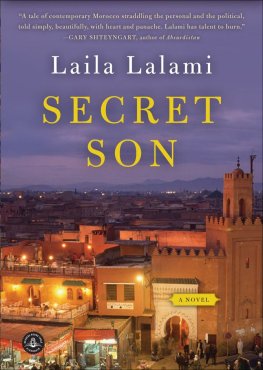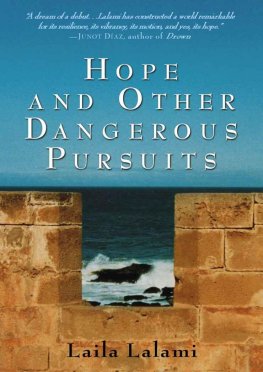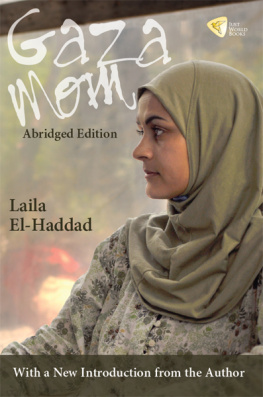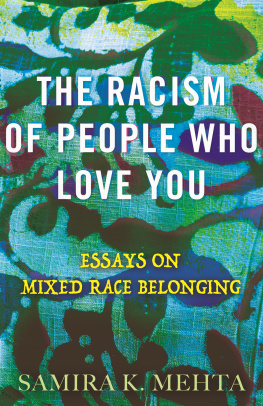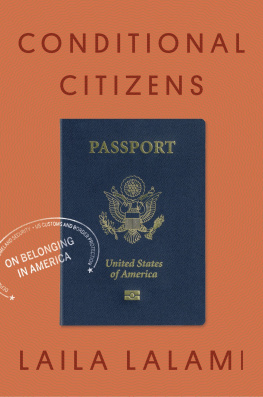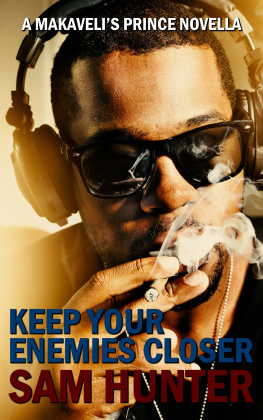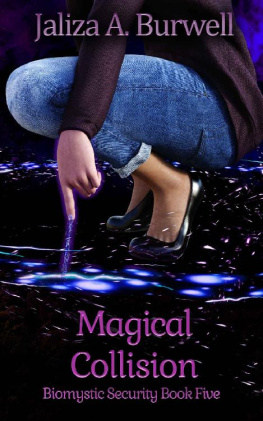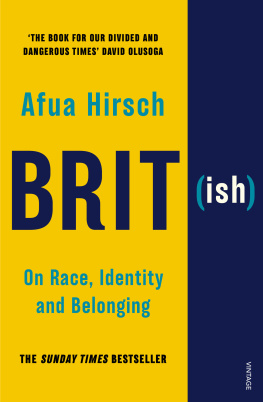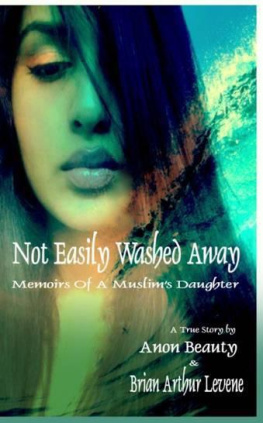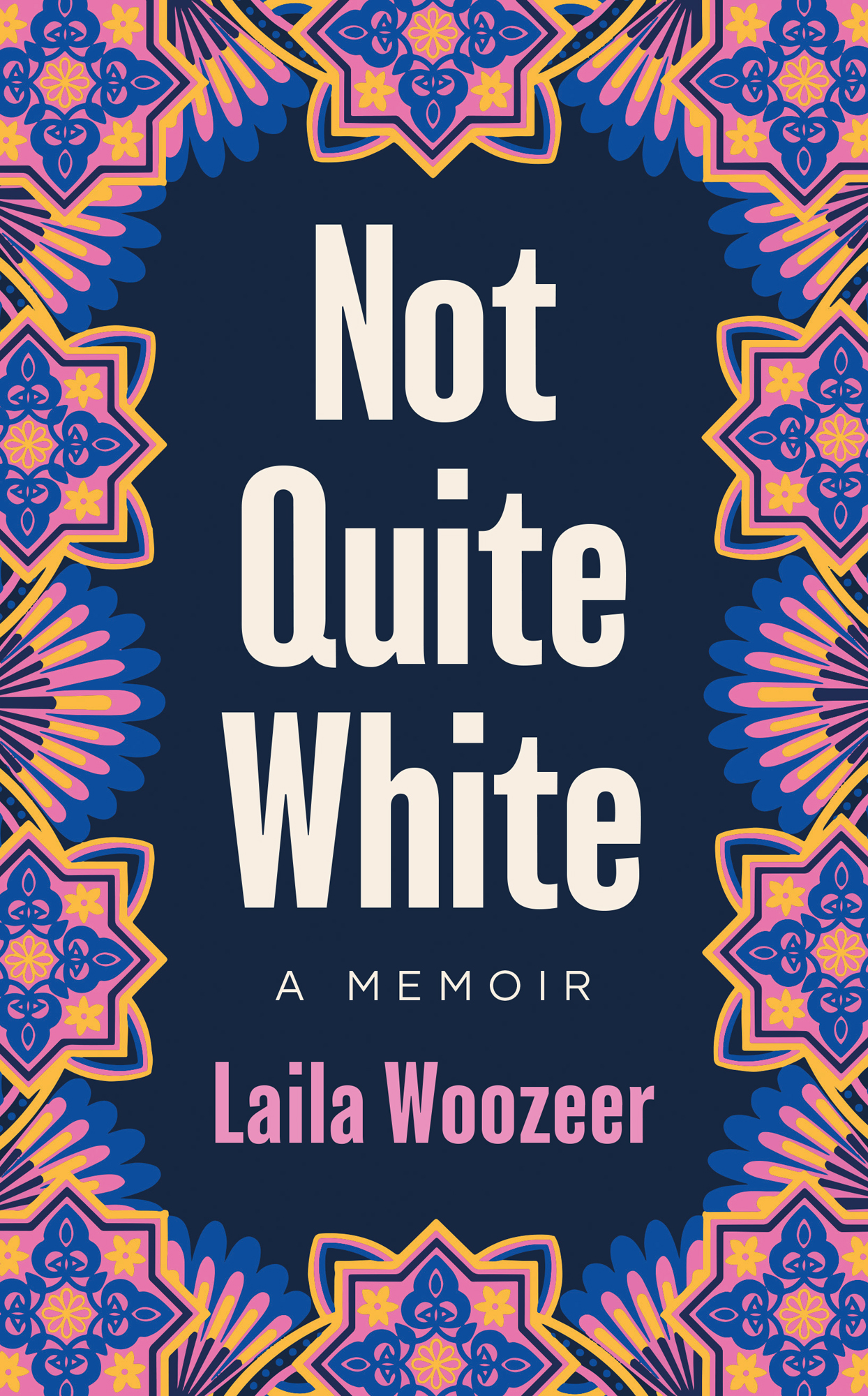Contents
Guide
Not Quite White
A Memoir
Laila Woozeer
For my unknown ancestors, to my Dad
and
In loving memory of Maggie
A N OTE TO THE R EADER
This book features my own experiences of racism and will contain references to, and direct mentions of, racial slurs. Some of these may be potentially triggering to read.
Prologue T WO M OONS T IME
actually it all started when I lost myself.
March, 2018. It is 2am on a Saturday night and I am sat cross-legged on my bed, rumpled duvet and a notebook full of chords, at the dawn of a new project, searching for something I forgot to remember at the time. My long hair falls forward on my papers as I write, and my rescue snake slumbers round my ankles, curled up in a hug. Sometimes, she explores the pages and pencils littering the bed; but its late, so she stays close. As I type out half-remembered moments onto my dadss old iPad and email them to my phone to place in order (my laptop broke last year and I cant afford to repair it), I start to map out memories. And so begins my current task: to untangle the threads of myself and weave them together into something coherent. But also, to remind myself of who I was, when I was a version of myself still seeking; and to remind myself that I am here now, found, in this small safe room by this single square window, with my view of the tree that blooms each spring and a dim buzzing sound from the streetlights.
Cradled in the sanctuary of the twilight hours, of the quiet when all the city sleeps, I sit down and think backwards to the beginning, or my beginning, or this storys beginning at least, and somewhere beyond I see the spark of a sentence. I begin, at last, to write. Outside in the densest of clouds London so rarely knows, a cold snow blows past the moon; the wind whispers and a comet crackles, and through falling snowflakes comes the tender glance of stars. And one day not yet, but one day, somewhere near the end Ill recall this particular moment as the one that started the rest.
When did you first realise you didnt exist?
Chapter One P RINCESS J ASMINE WAS THE O NLY O NE IN T ROUSERS
October 1994. I sit on top of a mountain in rural North Wales on a stiff-backed chair in a small classroom. Classmates chatter around me as I silently search a red plastic box for a crayon to draw myself. Other children at the table are busy colouring bright pink people with yellow hair; technicolored stick figures on green grass strips below blue scribble skies. But I havent got that far yet; I am still searching. I need to draw myself. I stare blankly at my forearms then back to the box of crayons. The skin-coloured hue I need does not appear to exist. I want to find the warm coppery fawn colour that I see when I look at my small limbs, which are speckled with a handful of faint freckles and downy black hair, like the proverbial ugly duckling. But I cannot find the crayon I need.
I am four years old, and I know the eight other children in this room as well as I know myself. Our separate selves blur together at the edges as we grow up nestled in the safety of rural life, raised like a litter in increasingly sized rooms. Two years ago, we ran around in circles in the community centre on the hill, singing along to a cassette of nursery rhymes and practising skids when our parents werent looking. Last year, we played in the room next door to this one, taking turns to cram into the playhouse, finger paint, and nap. Now we are a year group, older, in a bigger class, sat on slightly higher chairs, with more mature obligations. Like todays assignment: drawing pictures of our family.
It should be simple, really. I have drawn my mother with the requisite pink crayon, in a blue triangle dress with stick arms and legs, and I have drawn my father entirely in black crayon, a monochrome man, more line arms and legs, and a loopy squiggle of hair. I have drawn our yellow house on the side of a hill and our old grey car sat faithfully in front. And now, I am trying to draw myself and complete the scene. But even though I have tuned out the chitchat of the classroom and thoroughly raked through the box, I still cant find the right crayon.
At this point, its not a negative thing, its just one of those simplistic, state-the-obvious kid facts. Grass is green; sky is blue; my skin is not a colour of crayon. It is not a fact with baggage attached, but a plain and simple truth. We learn everything quickly when were young, then spend the rest of our time unlearning as those early facts suddenly bloom into sprawling, nuanced worlds of meaning. Grass is green, brown, yellow, pink, dull purple, bleached gold, coarse orange, scuffed jade. The sky is blue, black, lavender, peach, deep crimson, shot silver, bright violet, dove grey.
I searched for a brown crayon without understanding the implication of what that could mean. No indication of the struggle ahead and the hunt for validation that would occupy my teenage years; of the identity crisis that would define all my adult work; of the terse conversations with strangers over where I was really from and the thousand times Id have to spell my name out to a frowning face with a quizzical expression. I didnt know what was to come, what I would unlearn and what would bloom. I just couldnt find the right crayon to draw myself with.
At the age of four, my world was small: home, school and the community around me. Home was where I lived with my mum and sometimes, dad, high up in an ex-mining village a single rubble road curving round the side of a mountain, around which houses occurred in no particular order or design, simply appearing on a whim like the foxgloves and ferns. School was two villages over, a cheerful red-roofed building in another tiny village. My relatively large year group had nine pupils, the same kids Id known since we were toddlers.
Most of the mountain where I lived was rolling rock face, abandoned mines and dense, ancient forest; all around was the smell of damp moss and dirt, the sound of gentle rustling and creaking wood. The landscape was punctuated by occasional slate roofs that turned from grey to soft mauve in the rain. Our house was a crooked old stone building that had long ago been two. It loomed against the steep mountain, with metre-thick walls to keep the winds out and a long passage at the back where tired horses once rested. The building was constructed apparently before construction existed (no right angles or bricks) and had been haphazardly adapted over time, the structure hinting at long-ago things that could no longer be known. The house swallowed up sounds and only occasionally allowed light in from strange directions. There were four towering chimneys for three huge stone fireplaces, one with a giant log-burning stove. Uneven walls were punctuated by peculiar brackets and empty doorframes, with a trapdoor in the living room that led to a blocked off passage in the cellar and a step up on one side of the house without a corresponding step on the other side. Nobody minded these quirks because it was home. Mum filled the empty fireplaces with dried flowers in jugs and Dad kept his keys on a bit of exposed rock overhanging his desk under the stairs and the sloping floor in the kitchen made a great ramp for my tricycle. It wasnt a big house but it was a house you could get lost in.


